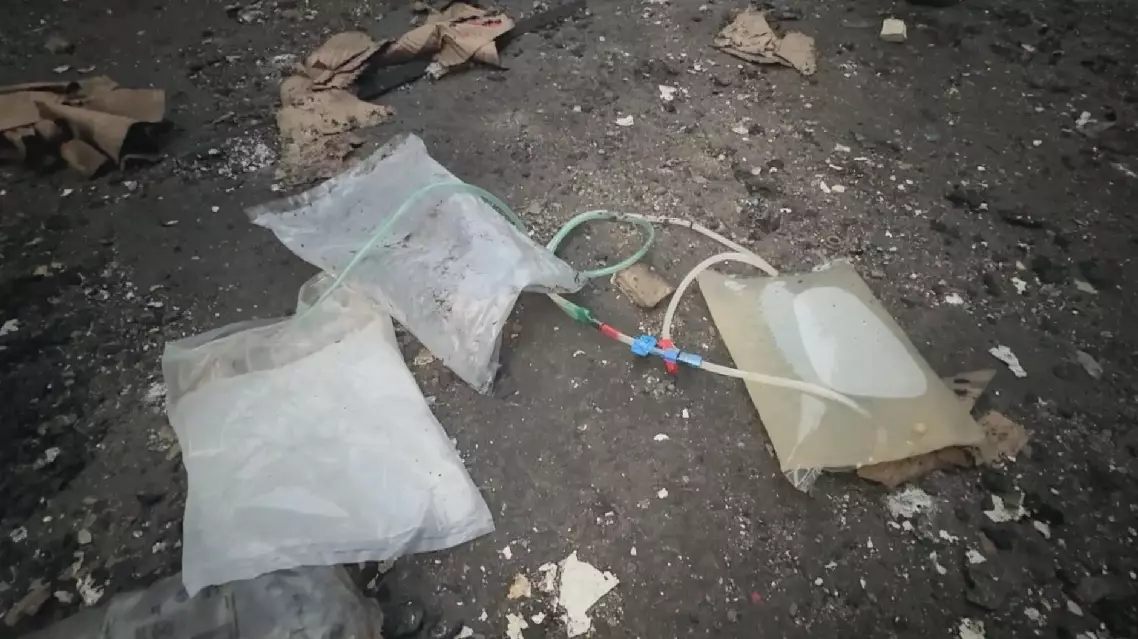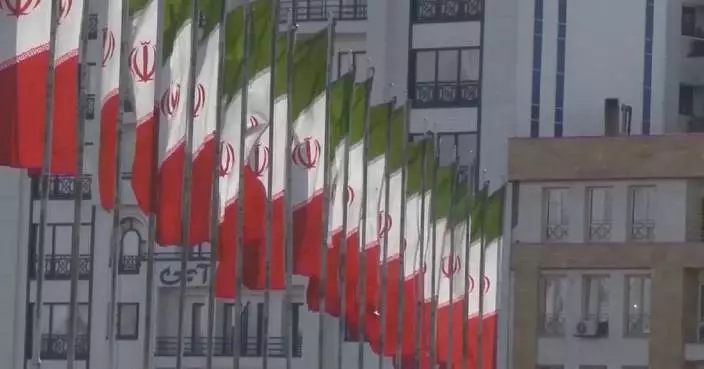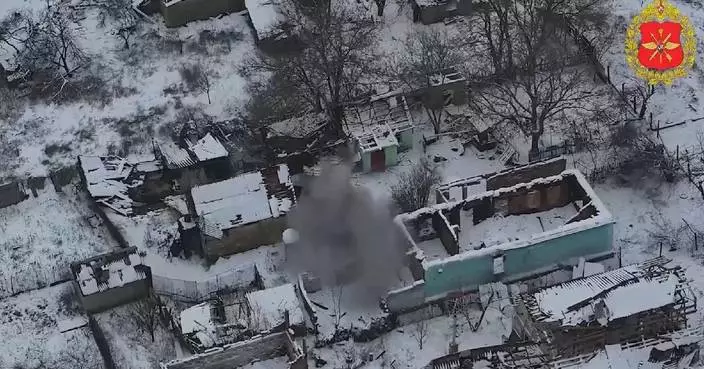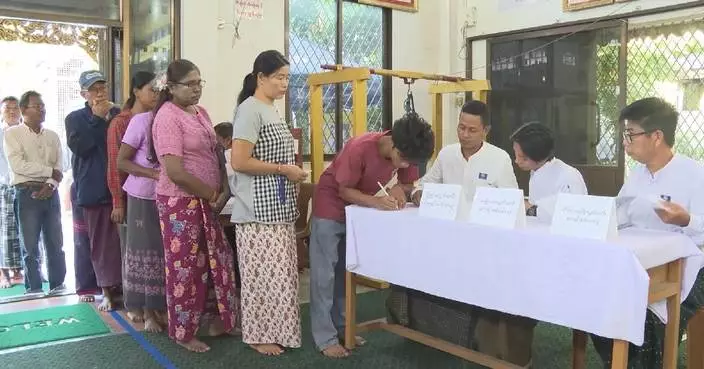At precisely 07:15 each morning, veteran meteorologist Tsering Dekyi launches a weather balloon from Lhasa Meteorological Station, continuing a ritual that has documented the remarkable transformation of the capital city of southwest China's Xizang Autonomous Region over half a century.
For 26 years, Dekyi has maintained this precision-critical routine where even a one-second delay constitutes a professional failure.
"Attention to details is vital. The tiniest error can cause disaster. A mistake of just 0.1 in the data input can have a major impact," she said.
As the balloon rises into sky, it captures atmospheric readings while revealing panoramic views of Lhasa's evolving skyline, where ancient temples now neighbor modern infrastructure.
The daily launches, conducted at optimal atmospheric conditions, showcase how this ancient city harmonizes heritage with development. Through the lens of balloon-mounted cameras, prayer-flag adorned rooftops give way to sprawling new residential districts and the gleaming Lhasa-Nyingchi railway terminus.
Meteorological balloons have risen from this station since the 1970s, their flight paths unintentionally chronicling urban expansion. Where observers once saw mostly farmland, they now document a regional hub with highways radiating across the plateau and solar farms powering growth.
As Dekyi watches another balloon shrink to a dot, its sensors will transmit real-time updates about the rarefied air above one of Asia's fastest-transforming cities, where tradition and progress share the same horizon.

Weather balloons witness Lhasa's remarkable transformation
A major port in northern Venezuela came under U.S. airstrikes in the early hours of January 3, which caused extensive damage to civilian infrastructure, destroyed critical medical supplies in a warehouse, and severely impacted centuries-old cultural heritage sites, according to local residents.
The La Guaira Port, a vital hub for imports that support daily life in the region, was heavily damaged during the attack.
Large quantities of medical supplies stored at the port were destroyed. A historic cultural building dating back for some 300 years was also badly damaged by the bombardment.
Residents living near the port recalled the terrifying scenes as explosions shook nearby neighborhoods.
Humberto Bolivar, who lives in a community separated from the port by only a main road, said the blast waves shattered his home's windows, while stray shrapnel struck the water tank on his roof. According to reports, three missiles were fired at the port that night.
Bolivar said that beyond material losses, he is most concerned about the psychological impact on his children, who remain too frightened to leave their home days after the attack.
"The United States invaded our country. The children were frightened. This is not good for them, because it leaves some children with psychological trauma. They do not want to go to school or leave the house, because they are afraid that something worse might happen. We truly do not want this to happen to our country," he said.
Apart from civilian facilities, local cultural heritage site was also affected.
The La Guaira state government building, a structure with nearly 300 years of history and once served as the site of Venezuela's first national customs office, was struck by the force of the explosions.
Windows of the building were shattered, and furniture scattered across the floor.
"As people of La Guaira, we feel deep pain. Our cultural heritage has been bombed. We are living in constant anxiety and suffering, and life can no longer be the same as it was before," said a local named Henry Cumares.
The U.S. side has claimed the airstrikes targeted warehouses allegedly used to store narcotics. However, locals refuted such accusation.
"According to what Donald Trump said, they bombed this place using the excuse that the warehouses here were used to store drugs at the port. But based on the video released by our governor, these warehouses that were burned contained medicine for kidney patients and foods. Many people depend on these supplies to survive. I think the bombing is extremely despicable," said a local resident named Alejandro Capriles.

US strike hits Venezuelan port, wrecking medical supplies, heritage building










